 Shutterstock
Shutterstock
Dogs have an incredible ability to sense when their humans are feeling off. They don’t need words, explanations, or dramatic displays—they notice the small shifts. A change in your voice, body language, or even scent is enough to alert them that something’s wrong. While your friends might miss the signs, your dog is already at your side, offering comfort. Whether it’s a paw on your lap or a head pressed against your shoulder, their quiet, furry support arrives right when you need it most—no questions asked, just love.
They Read Your Body Language Instantly
 Shutterstock
Shutterstock
Dogs are masters of nonverbal communication. If you slump on the couch like you’ve lost the will to do laundry forever, your dog notices. They pick up on your slower movements, your posture, and even the way you hold your shoulders. A sad stance sends them a silent signal that says, “Human is not okay,” and they respond with closeness or quiet attention. You may not have to say a word—they can tell just by how you sit down.
They Sense Shifts in Your Voice
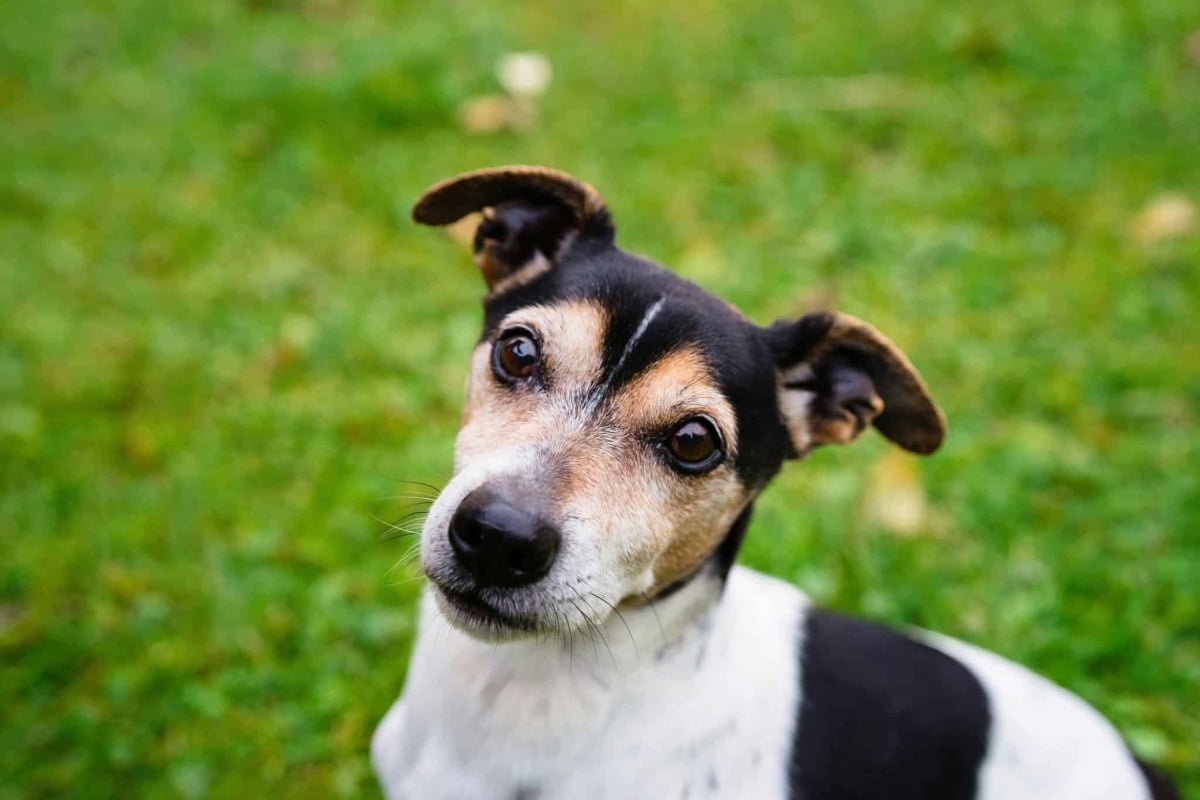 Shutterstock
Shutterstock
Your dog knows your happy voice, your serious voice, and yes, your sad voice. When you talk less, speak softly, or your tone drops, it grabs their attention. Even if you’re trying to hide your mood, your dog hears the difference. That subtle change is all it takes for them to trot over and start acting like a certified comfort professional. Whether they tilt their head, sit beside you, or offer their paw, they know your voice isn’t its usual cheerful self.
They Pick Up on Scent Changes
 Shutterstock
Shutterstock
Believe it or not, your emotions can affect how you smell. Dogs have an extraordinary sense of smell, and they can detect chemical changes in your body caused by stress or sadness. It might not be noticeable to you—or anyone else—but to your dog, it’s like a neon sign flashing, “Something’s wrong.” They sniff you, they stick closer, and suddenly your lap becomes the most comforting place in the house, for both of you.
They Notice You’re Breaking Routine
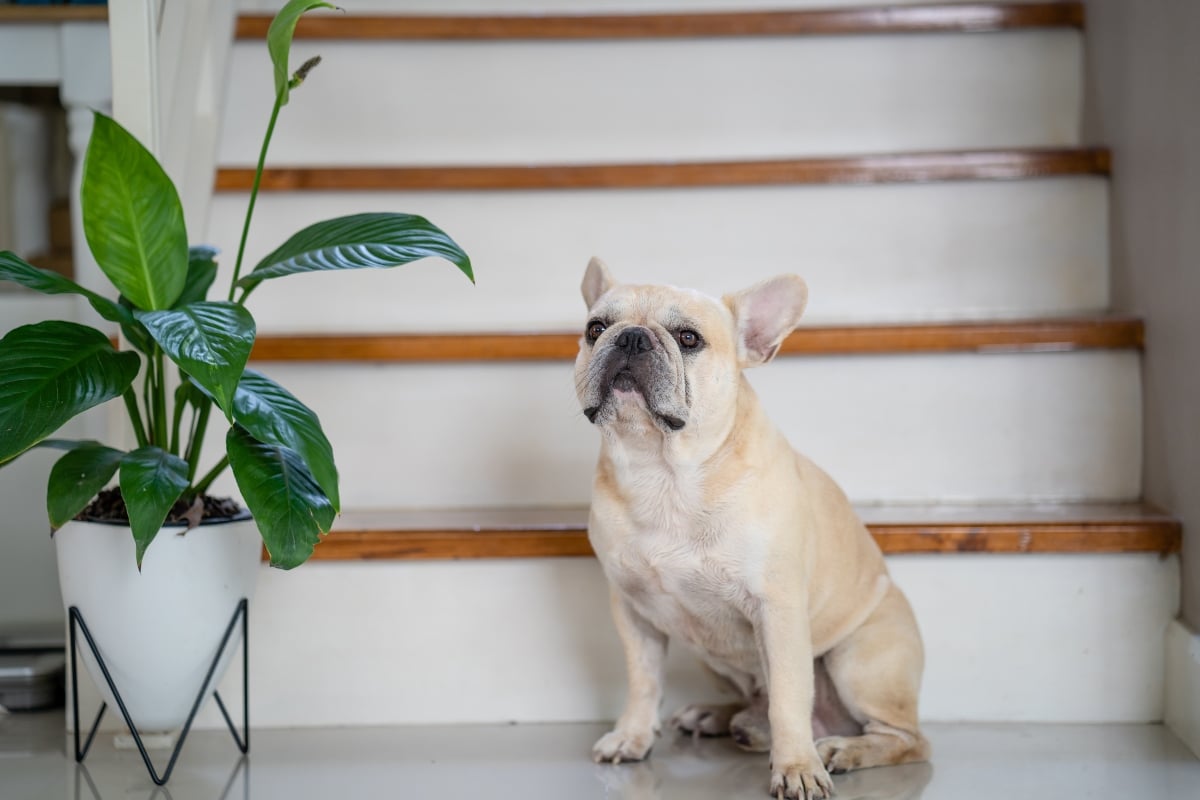 Shutterstock
Shutterstock
Dogs thrive on routine, and when you’re feeling sad, that routine often changes. Maybe you skip a walk, stay in bed longer, or forget their treat schedule (gasp). Your dog picks up on the deviation and immediately knows something is off. They’re not just concerned about their missed snack—they’re concerned about you. A disrupted routine sends your dog into caregiver mode, with extra cuddles and tail wags offered as emotional support.
They React to Your Energy
 Shutterstock
Shutterstock
Dogs don’t just read what you do—they feel what you radiate. Your energy shifts when you’re sad, and dogs are extremely sensitive to that emotional frequency. You might move more slowly, sigh more often, or just feel different in the room—and your dog notices. They may act more gently around you, lie closer, or even follow you more than usual. It’s their way of saying, “I don’t know what’s happening, but I’m here for it—and for you.”
 Shutterstock
Shutterstock
One of the most common ways dogs respond to sadness is by initiating physical touch. Whether it’s placing a paw on your knee, nudging you with their nose, or leaning their entire body against yours like a warm, living blanket, they’re making contact. This physical closeness is their attempt to comfort you and share their own calm energy. They don’t have words, but they absolutely know how to say, “I’m here and you’re not alone.”
They Stay Closer Than Usual
 Shutterstock
Shutterstock
A dog that’s suddenly glued to your side isn’t just being clingy—they’re responding to your emotional state. Even dogs that normally enjoy a little independence will hover like a four-legged shadow when they sense you’re down. They may sit outside the bathroom door, lie at your feet, or follow you from room to room like a small, concerned security detail. They’re not being nosy—they just want to make sure you’re okay.
They Mirror Your Emotions
 Shutterstock
Shutterstock
Dogs often mirror the emotions of their humans. If you’re quiet, they become quiet. If you’re lying in bed all day, they’re right there with you, napping in sync. This emotional mimicry is part of how they connect and show empathy. It’s not uncommon for happy dogs to become subdued when their human is struggling—it’s their way of being in emotional solidarity with you. They’re not trying to cheer you up by doing cartwheels—they’re matching your mood because they care.
They Bring You Toys
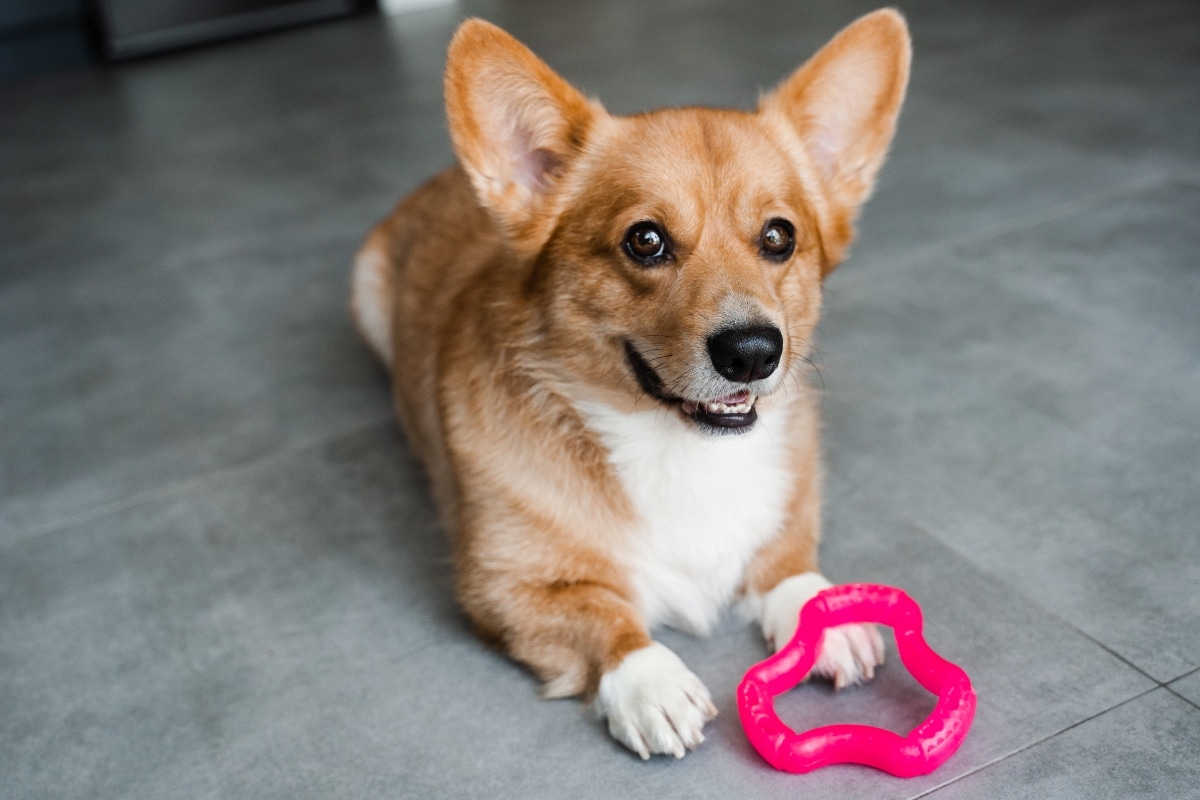 Shutterstock
Shutterstock
It may not seem like much, but when your dog brings you their favorite toy while you’re feeling low, that’s a big deal. This act of sharing is your dog’s version of, “Hey, I don’t know what’s wrong, but here’s my prized possession—will this help?” It’s a sweet and simple gesture meant to comfort you, distract you, or at least remind you that squeaky plush ducks make everything slightly better. Even if you’re not in the mood to play, they’re trying their best.
They Lick Your Face
 Shutterstock
Shutterstock
Face licking isn’t just a dog’s version of kisses—it’s also a way for them to soothe you. Licking releases endorphins in dogs, but it’s also used to calm their humans. If you’re crying or visibly upset, your dog might gently lick your hands, arms, or face to comfort you. They don’t always know what’s wrong, but they know their go-to move is love, applied directly to the forehead.
They Refuse to Leave You Alone
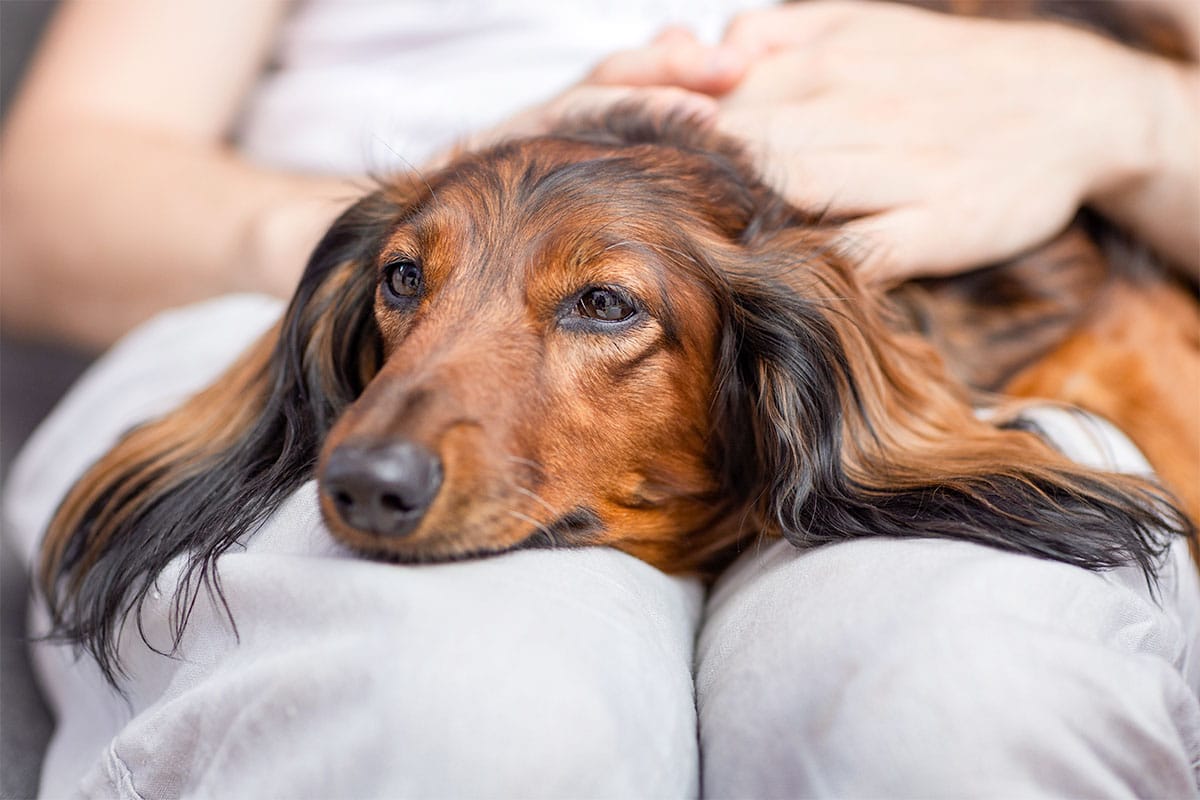 Shutterstock
Shutterstock
When your dog senses sadness, personal space is canceled. They may insert themselves into your lap, lie across your chest, or wedge between you and your phone, like, “Hello, I’m the priority now.” Their persistent presence isn’t just attention-seeking—it’s their way of staying connected and providing support. They don’t know how to solve your problems, but they do know that being close is the best thing they can offer.
The Four-Legged Therapist With Zero Boundaries
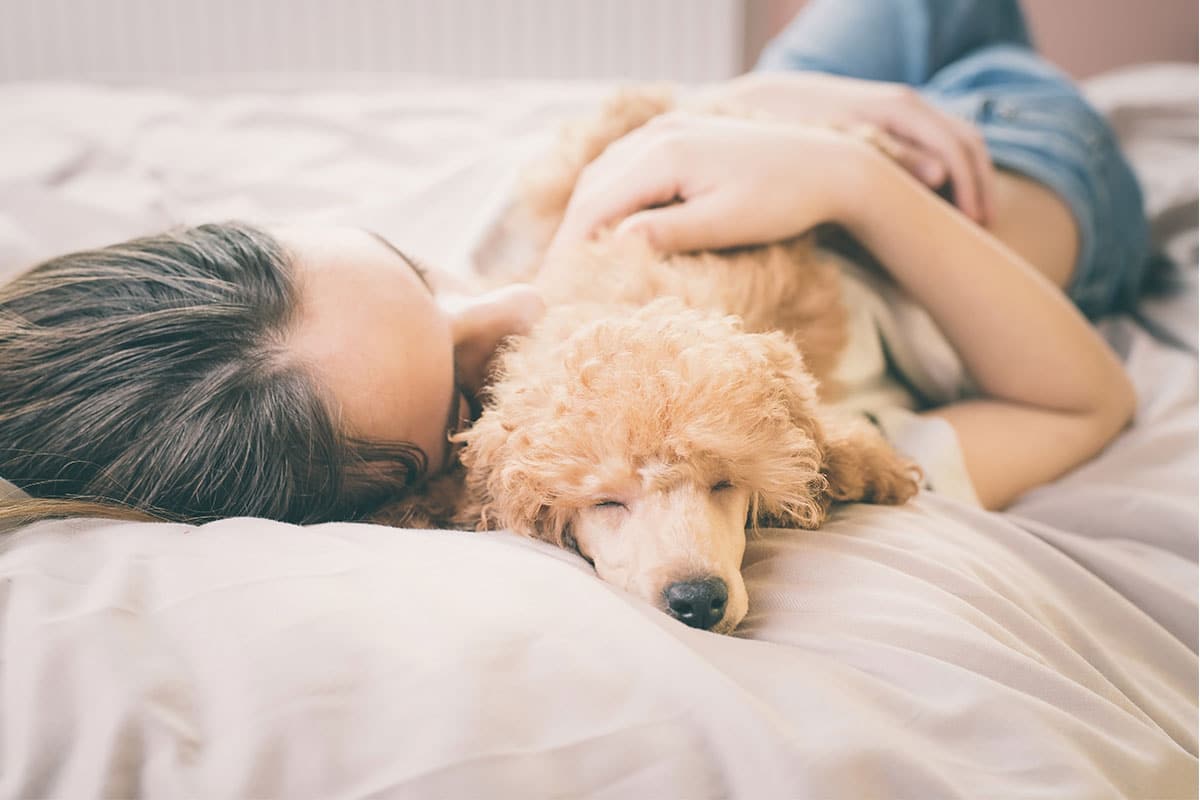 Shutterstock
Shutterstock
Your dog might not have a psychology degree, but they absolutely know when your heart needs help. They don’t wait for you to explain, and they definitely don’t charge by the hour—they just show up with love, fur, and an unshakable dedication to making you feel better. So the next time you’re having a rough day and find a wet nose in your armpit or a paw on your face, remember: your personal therapist has arrived… and they accept payment in belly rubs.

 3 weeks ago
13
3 weeks ago
13


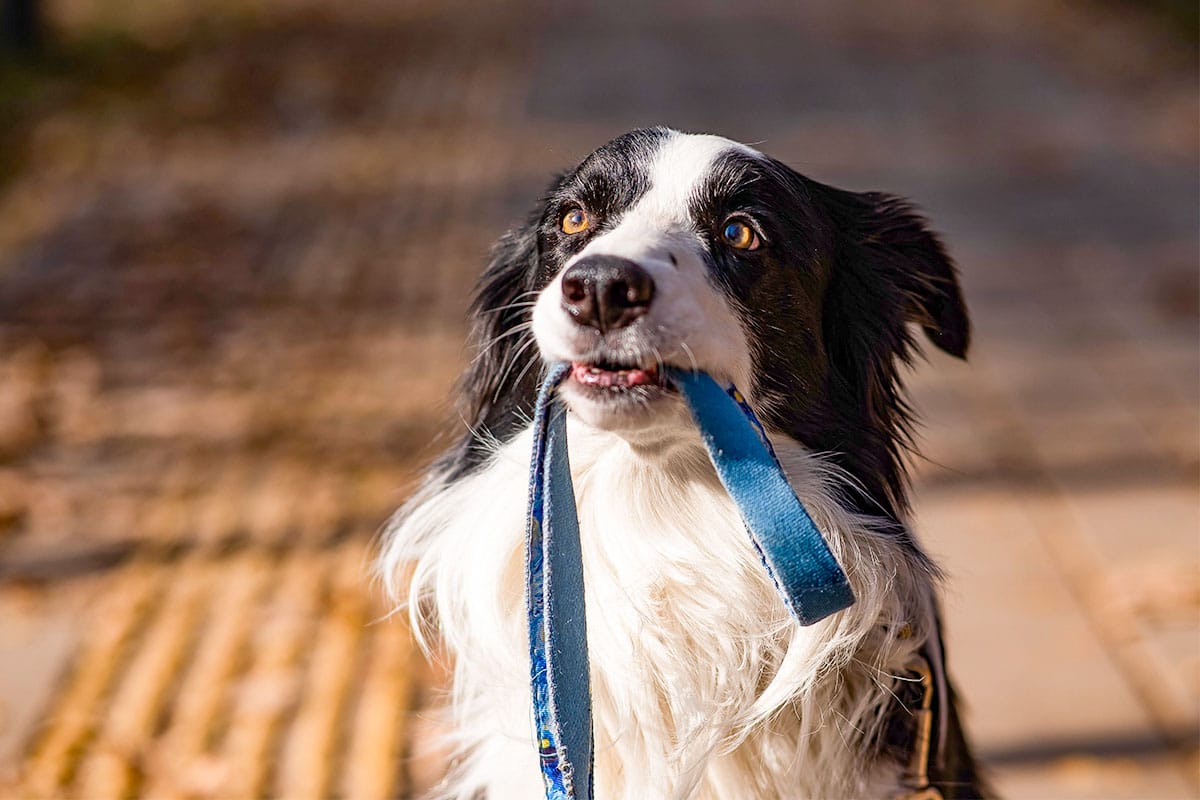




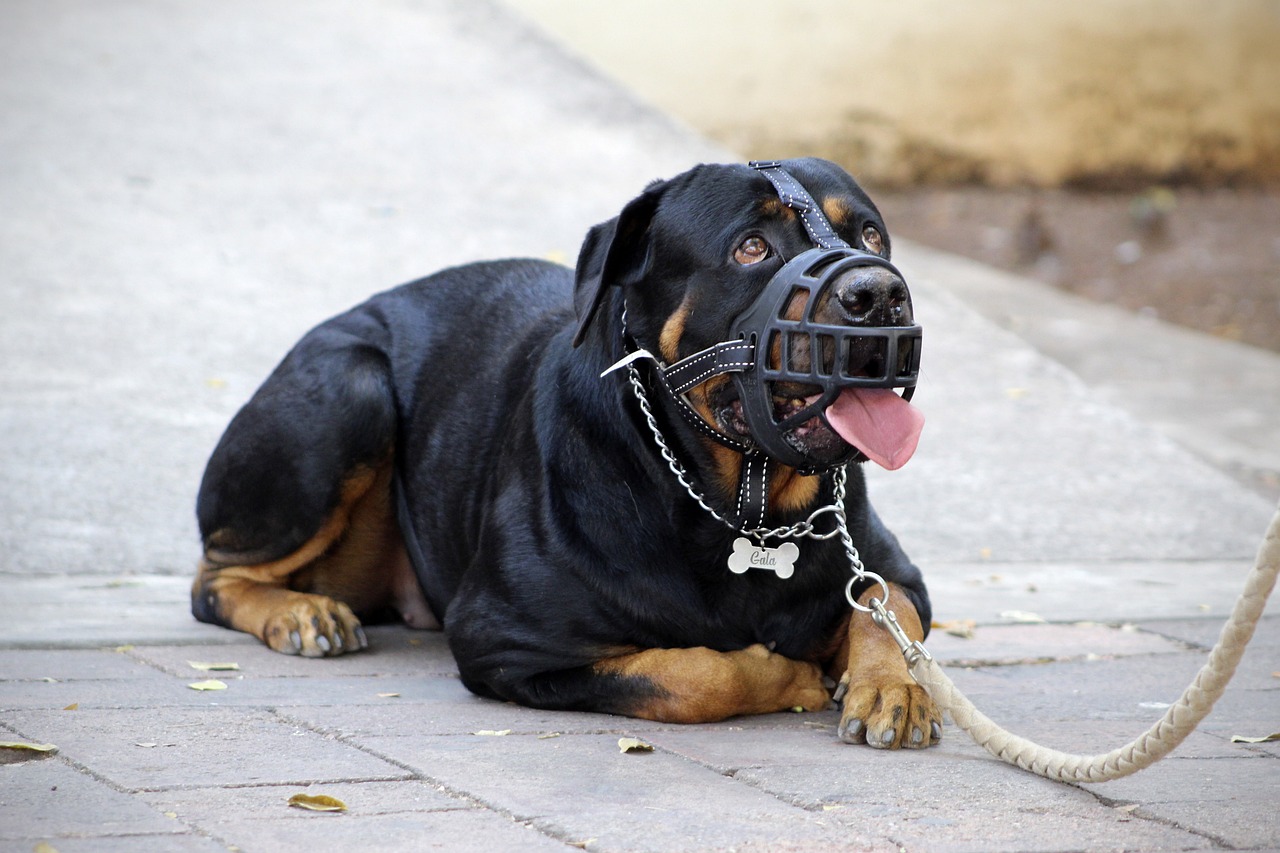


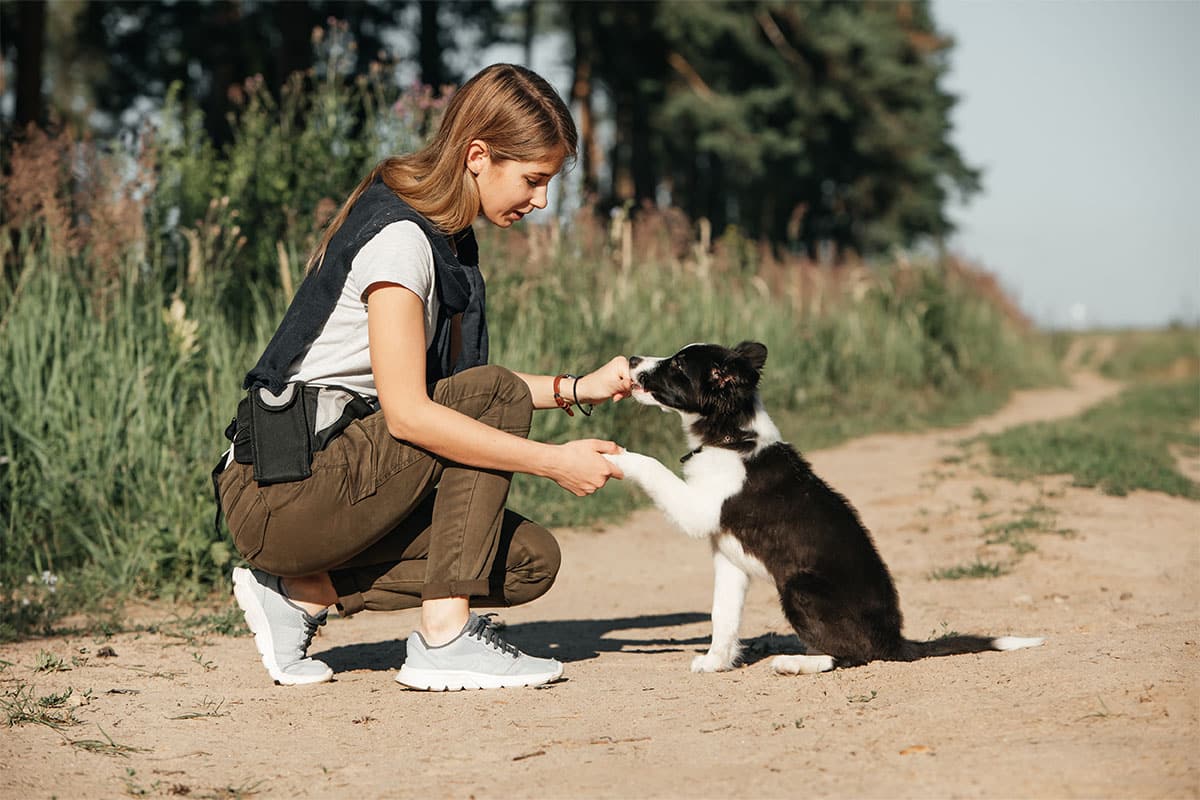


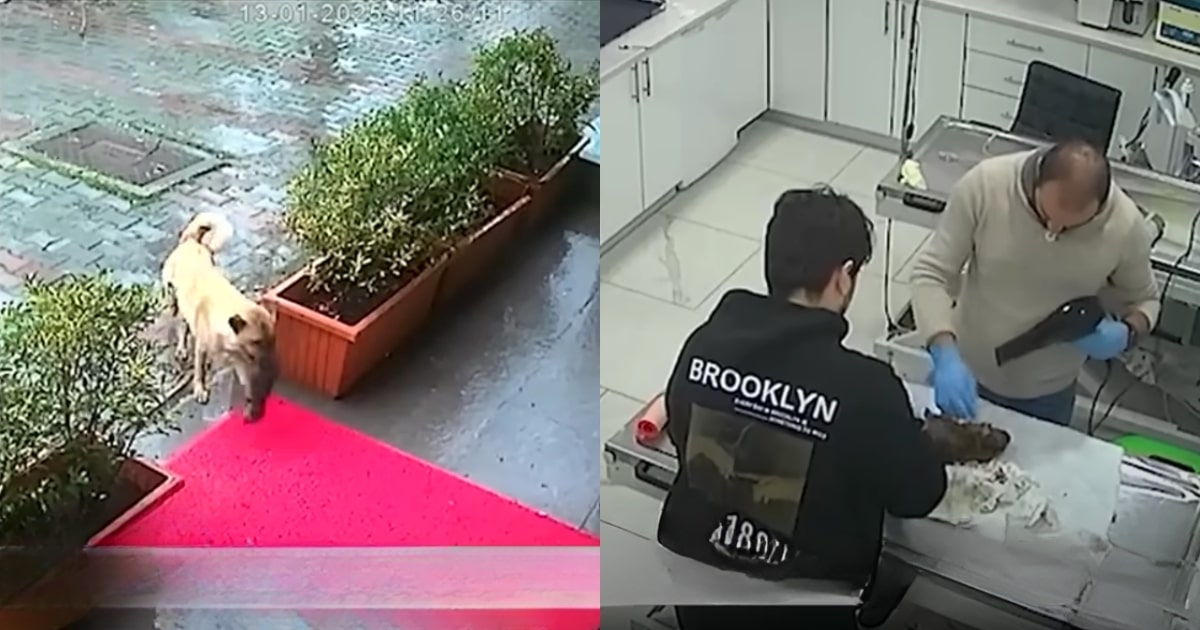

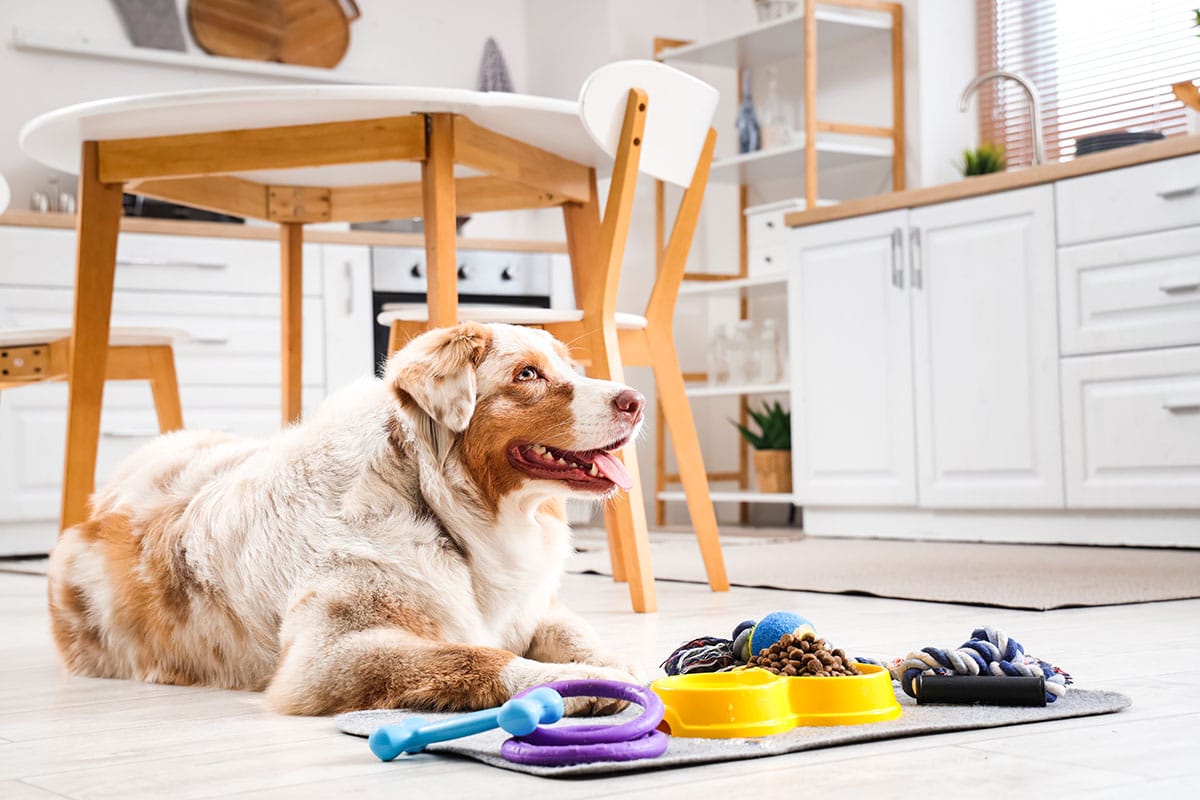


 English (US) ·
English (US) ·